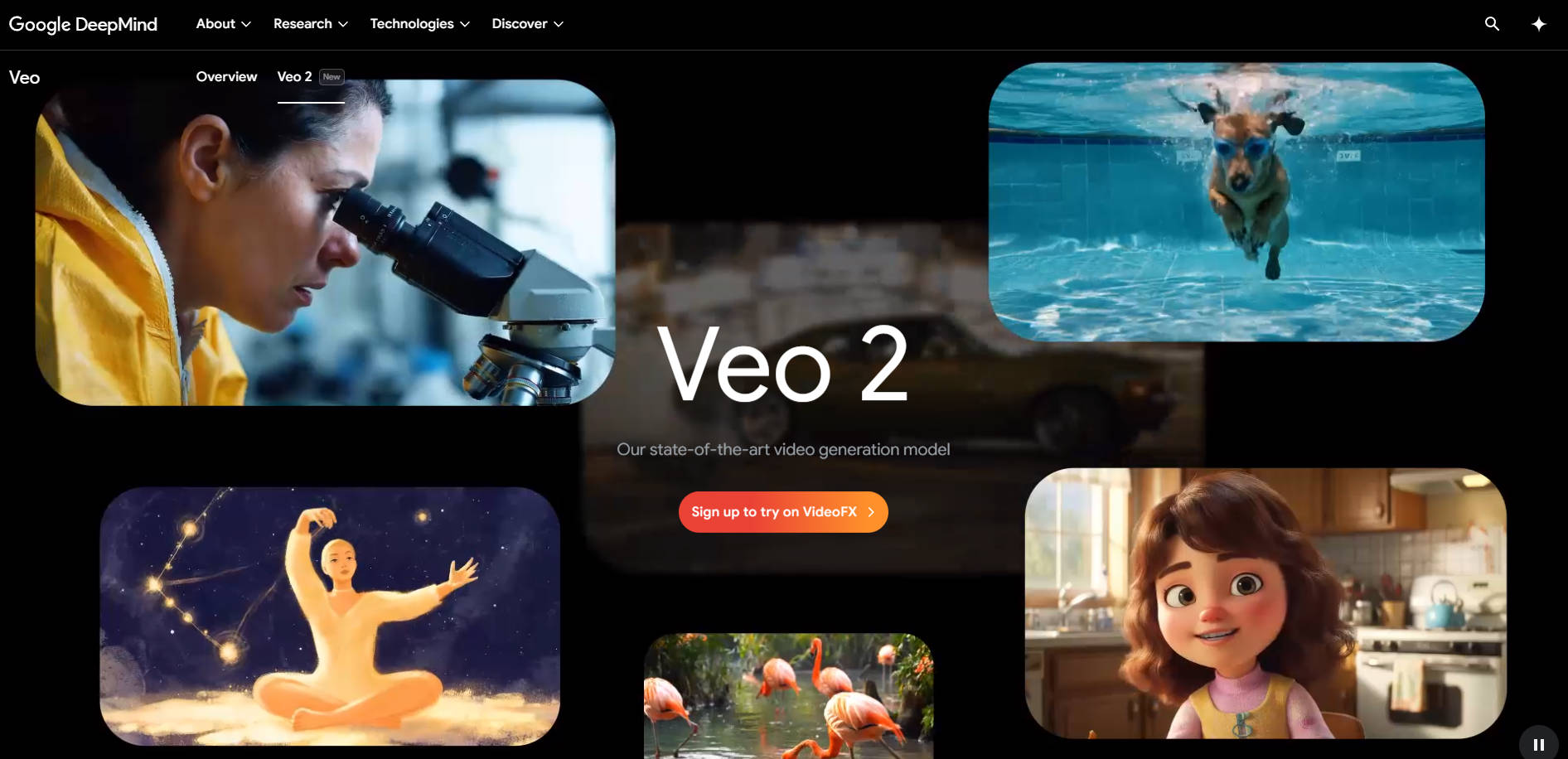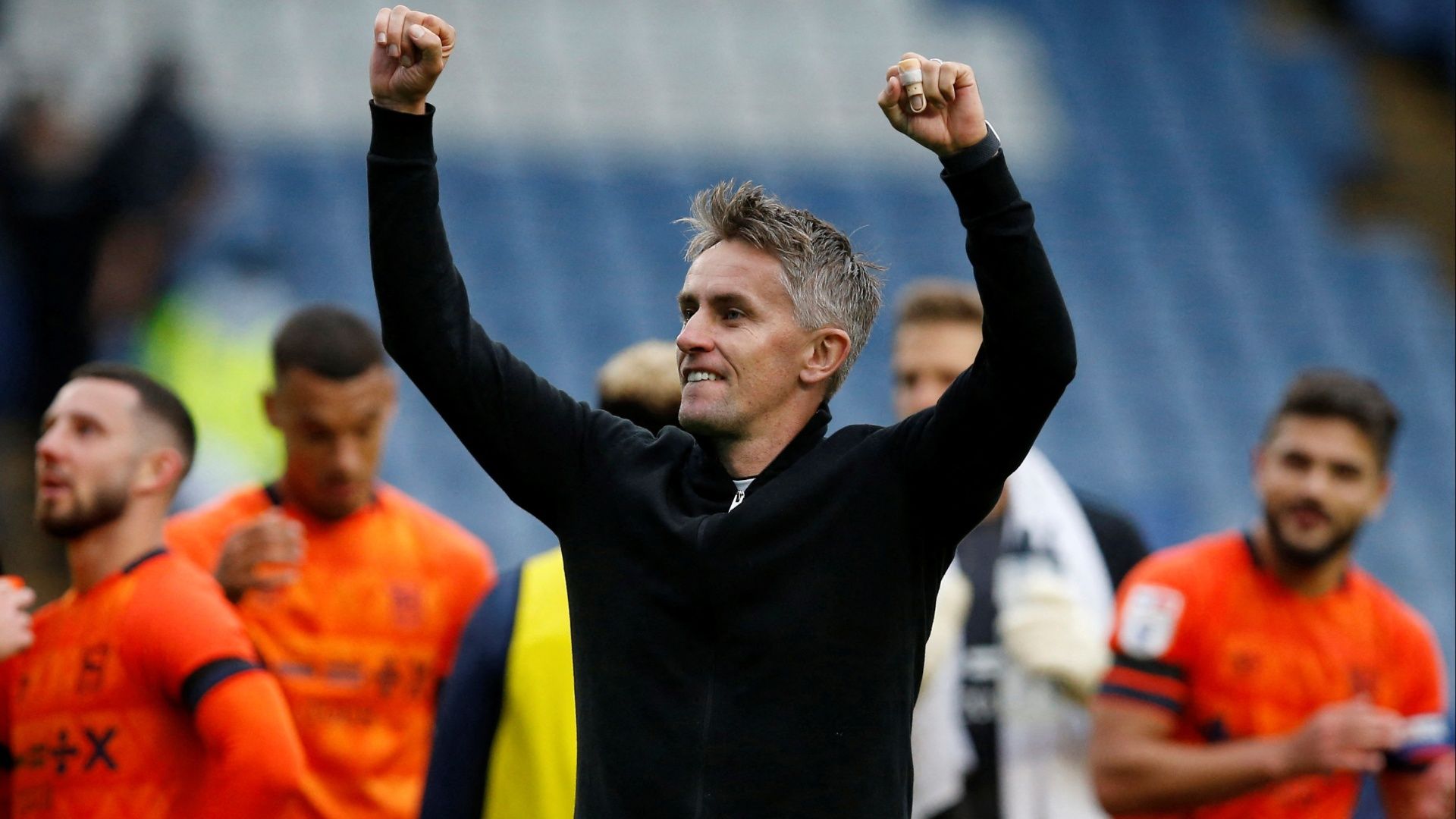Beyond Skenes: The Pittsburgh Pirates' Larger Ownership Problem

Table of Contents
- Bob Nutting's Ownership and the Financial Approach
- A History of Frugal Spending
- The Impact of Revenue Sharing
- The Lack of Investment in Player Development and Infrastructure
- Scouting and Draft Performance
- Stadium and Fan Experience
- The Need for Change: Potential Solutions and Future Outlook
- Ownership Changes
- Increased Investment and Competitive Spending
- Conclusion
Bob Nutting's Ownership and the Financial Approach
Bob Nutting's tenure as owner has been characterized by a consistent pattern of prioritizing profits over competitive spending, a strategy that has left the Pirates consistently battling near the bottom of the MLB standings. This approach has had a profound and negative effect on the team's ability to compete and build a sustainable winning culture.
A History of Frugal Spending
Nutting's ownership has been marked by a historically low payroll, often ranking among the league's lowest. This lack of investment translates to:
- Consistently Low Payroll: Year after year, the Pirates' payroll pales in comparison to other MLB teams, significantly hindering their ability to attract and retain top-tier talent. This directly impacts on-field performance, leading to prolonged periods of losing seasons.
- Underinvestment in Player Development: The Pirates' investment in scouting and player development infrastructure has been consistently criticized as inadequate. This limits their ability to cultivate homegrown talent and rely less on expensive free agents.
- Years of Losing Records: The consequence of this frugal approach is evident in the Pirates’ consistent struggle to reach the playoffs. Years of losing seasons have eroded fan loyalty and attendance.
- Negative Impact on Fan Morale and Attendance: The lack of competitiveness on the field has undeniably affected fan morale. Low attendance figures reflect the frustration and disillusionment among the fanbase.
The Impact of Revenue Sharing
The Pirates' reliance on revenue sharing further complicates the issue. While revenue sharing is intended to help smaller-market teams, the Pirates' usage of these funds has been questioned.
- Dependence on Revenue Sharing: The team's consistent low payroll suggests a dependence on revenue sharing as a crutch, rather than a supplement to a more robust financial strategy.
- Insufficient Investment Despite Revenue Sharing: Even with the added income from revenue sharing, the Pirates have not demonstrated a commitment to significantly increasing their spending on players or infrastructure.
- Comparison with Other Teams: A comparison with other small-market teams that have utilized revenue sharing more strategically to build competitive rosters highlights the Pirates' unique approach.
- Ethical Implications: The ethical implications of accepting revenue sharing while maintaining a drastically low payroll are frequently debated, raising questions about fair play and the spirit of the system.
The Lack of Investment in Player Development and Infrastructure
While the drafting of Paul Skenes represents a potential turning point, the Pirates' overall player development and infrastructure still require significant improvements.
Scouting and Draft Performance
While the Skenes pick is promising, a comprehensive review of the Pirates' scouting and player development system reveals inconsistencies and areas needing improvement.
- Past Draft Successes and Failures: Analyzing past drafts highlights both promising picks and notable misses, underscoring the need for consistent excellence in scouting and player evaluation.
- Farm System Assessment: The strength and depth of the Pirates' farm system are crucial factors in their long-term success. A thorough assessment is needed to identify areas of strength and weakness.
- Comparison with Other Organizations: Comparing the Pirates' player development model to other successful organizations can highlight areas for improvement and best practices to adopt.
- Need for Advanced Analytics: The integration of advanced analytics into scouting and player development is essential for maximizing efficiency and identifying hidden talent.
Stadium and Fan Experience
PNC Park, while aesthetically pleasing, needs to offer a more compelling overall experience for fans.
- PNC Park Assessment: An evaluation of PNC Park's current state, amenities, and overall fan experience is crucial. Modernizations and improvements to the fan experience are necessary.
- Comparison with Other MLB Stadiums: Comparing PNC Park's features and fan experience with other MLB stadiums can provide insights into areas for improvement.
- Impact of Stadium Upgrades: Investing in stadium upgrades and improvements can significantly impact attendance, revenue, and the overall team image.
- Improving the Fan Experience: Strategies to enhance the fan experience, including improved concessions, entertainment options, and accessibility, are crucial for attracting and retaining fans.
The Need for Change: Potential Solutions and Future Outlook
The Pirates' future success necessitates significant changes, primarily focusing on ownership and increased investment.
Ownership Changes
A change in ownership could potentially bring a fresh perspective and increased financial commitment.
- Potential New Owners: Speculation regarding potential new owners and their likely approaches to team management is a constant topic of discussion.
- Successful Ownership Changes in MLB: Examining past successful ownership changes in other MLB teams can offer valuable insights and lessons learned.
- Financial Implications of a Sale: The financial ramifications of a potential ownership sale, including the valuation of the franchise, are important considerations.
Increased Investment and Competitive Spending
Increased investment is paramount for the Pirates' long-term viability and competitiveness.
- Necessary Payroll Increases: Projecting the payroll increases needed to become a truly competitive team is a key step in outlining a path to success.
- Impact of Increased Spending: Increased spending on players and infrastructure will directly impact ticket sales and fan engagement.
- Strategic Investments: Identifying strategic investments that could yield high returns, both on and off the field, is essential.
Conclusion
The Pittsburgh Pirates' success doesn't solely depend on drafting stars like Paul Skenes. The larger issue lies in addressing the inherent problems stemming from the team's ownership structure and long-standing commitment to financial frugality. A significant shift in ownership philosophy, including increased investment in player development, infrastructure, and competitive spending, is crucial for the Pirates' long-term viability and ability to consistently contend for championships. Without addressing this larger Pittsburgh Pirates ownership problem, even the brightest young talent may not be enough to overcome the systemic issues plaguing the franchise. To achieve sustained success, the Pirates need to move beyond focusing solely on individual player acquisitions and tackle the fundamental issues of Pittsburgh Pirates ownership.

 Seven Players On Amorims Man United Transfer List
Seven Players On Amorims Man United Transfer List
 Google Veo 3 Ai Video Generation For Professionals And Beginners
Google Veo 3 Ai Video Generation For Professionals And Beginners
 Phillips Journey Finding Confidence Under Mc Kenna At Ipswich Town
Phillips Journey Finding Confidence Under Mc Kenna At Ipswich Town
 Recensie Bert Natters Concentratiekamproman Grootse Schaal Dodelijke Moeite
Recensie Bert Natters Concentratiekamproman Grootse Schaal Dodelijke Moeite
 Bianca Censori And Kanye West A Relationship Breakdown And Unexpected Exit
Bianca Censori And Kanye West A Relationship Breakdown And Unexpected Exit
